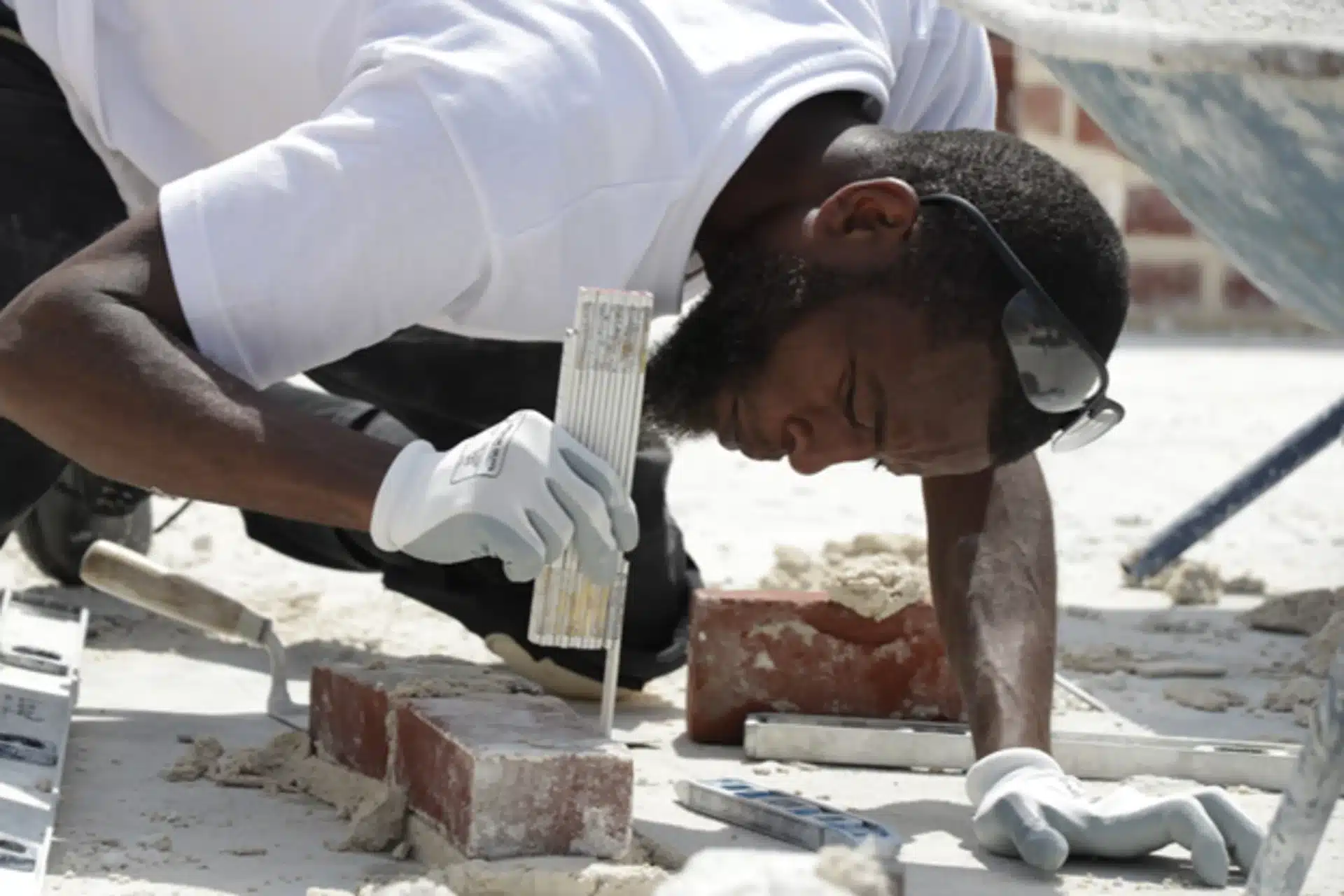Being on top of the latest developments is crucial in the always-changing construction world. A paradigm change has occurred in the building sector due to the prominence given to contemporary methods and technical developments. The construction business is evolving to offer cutting-edge construction program that equips the workforce for the difficulties of today and the future, whether you’re interested in construction classes, or concrete training courses.
The march of modernization has addressed the age-old skill of masonry. Modern technology and traditional skills are now taught in tandem in masonry classes. Today’s students may anticipate learning to use cutting-edge instruments like laser-guided brick cutters and 3D modeling software in addition to the craft of brick and stone laying. Today’s masonry lessons go beyond the fundamentals, diving into subjects like structural engineering and green building techniques. These programs give students a comprehensive understanding of masonry and the information and abilities they need to succeed in a market that is undergoing fast change.
To suit the needs of the digital age, construction training programs have changed. These courses now incorporate virtual simulations, augmented reality, and online learning to provide students with a thorough understanding of construction procedures. Students can access interactive modules that make learning exciting and compelling, whether they are studying project management or safety procedures.
Masonry classes frequently include practical, on-the-job training and standard classroom instruction. This experimental approach closes the knowledge gap between theory and practice by allowing students to apply what they’ve learned in a real-world situation.
Many construction projects rely on concrete, which has seen its share of innovation. The most recent concrete formulations, additives, and pouring methods are covered in construction training courses. Additionally, students have first-hand exposure to concrete 3D printing, a revolutionary technique that is revolutionizing the way structures are constructed. These courses stress sustainability and environmental concerns in addition to the science behind concrete. In keeping with the industry’s expanding commitment to environmentally friendly methods, students study how to minimize the environmental impact of concrete production and building processes.
Traditional lecture-based methods for construction education have given way to hands-on, practical learning experiences. More time is spent by students implementing their knowledge in a controlled setting, such as building sites. This practical approach guarantees that graduates are prepared for the workforce, with the knowledge and assurance to handle actual building issues. To offer students internship opportunities, construction programs frequently work with industry partners. Through these collaborations, students can obtain practical experience while working on real projects building relationships that may result in future employment.
Programs for modern buildings have a strong emphasis on sustainability. Green building techniques, the integration of renewable energy sources, and eco-friendly materials courses are getting more and more popular. Professionals training in these areas are in high demand as the building industry aligns with environmental ideals. The utilization of recyclable materials, energy-efficient building designs, and environmentally friendly construction techniques are all covered in depth in construction training programs. Graduates are well-equipped to contribute to initiatives focusing on sustainability, benefiting business and the environment.

Modern construction training programs are based on technological progress. Building information modeling (BIM), which enables accurate planning and lowers errors in construction projects, has become standard. For site surveys and inspections, drones are deployed, and autonomous construction trucks improve productivity and safety. The most recent software and tools that simplify project management, from scheduling and budgeting to communication and collaboration, are taught to construction students. This technologically oriented strategy ensures graduates have the knowledge and abilities to operate in a linked industry.
Beyond the workplace, construction has undergone a digital shift. The ability to use collaborative tools, data analytics platforms, and project management software is now available to students. In a society where data-driven decision-making is the norm, these skills are priceless. Trade schools for construction place a strong emphasis on the value of teamwork and good communication in a digital context. Using digital platforms, students learn to collaborate easily with peers, vendors, and clients, ensuring that projects go smoothly from conception to completion.
Trade schools for construction change is anticipated to continue as we look to the future. Planning projects, determining risks, and ensuring quality will all benefit from artificial intelligence and machine learning. With personnel trained to incorporate technology into urban infrastructure, the construction industry will likewise play a significant role in developing smart cities.
Read More: